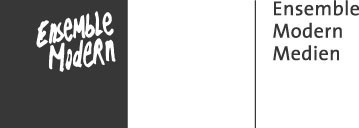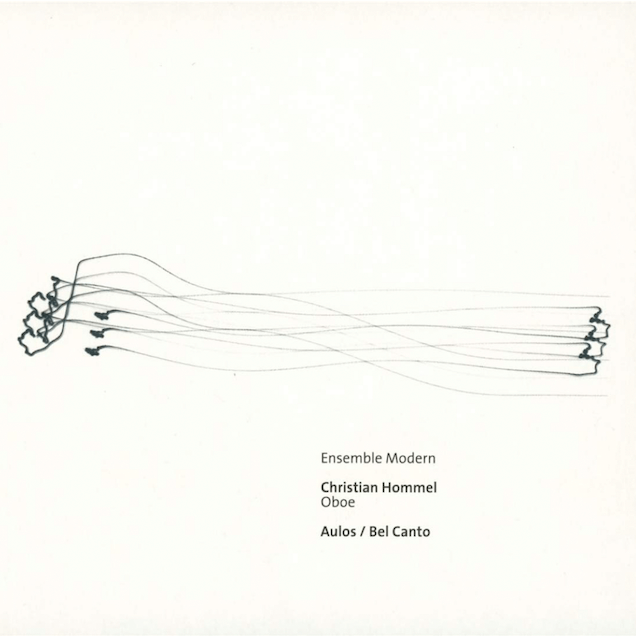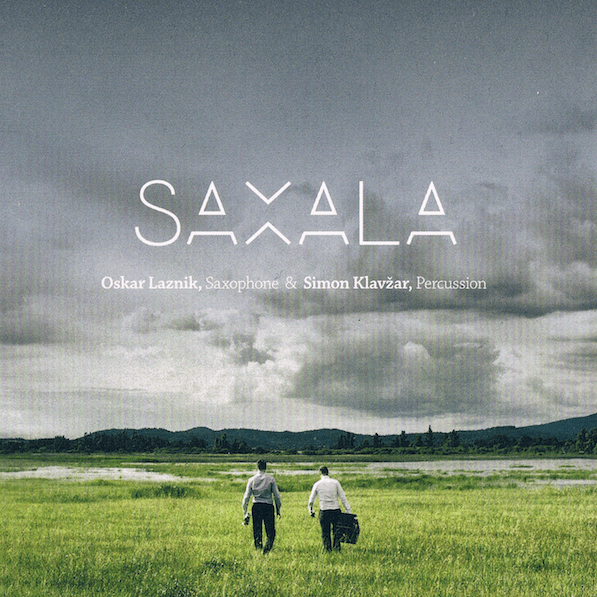DEUCE (2008)
DEUCE (2008)
for tenor saxophone and percussion
instrumentation: saxt, perc
duration: 7 min
première: June 6, 2008, Université de Saint-Denis, Amphi X, Paris, France
Pedro Bittencourt – Tenor saxophone, Simone Beneventi – percussion
DEUCE (2008)
for bass clarinet and percussion
instrumentation: bcl, perc
duration: 7 min
première: September 21, 2014, Festival Junger Talente Offenbach, Germany
International Ensemble Modern Academy
Chiara Percivati – bass clarinet, Galdric Subirana – percussion
DEUCE (2008)
for lupophon and percussion
instrumentation: lupophon, perc
duration: 7 min
première: October 23, 2014, Accademia Tedesca Roma Villa Massimo, Italy
Ensemble Modern: Christian Hommel – lupophon, Rumi Ogawa – percussion
DEUCE
score preview
DEUCE
score preview
DEUCE
score preview
DEUCE (lupophon)
(full recording)
Ensemble Modern: Christian Hommel – lupophon, Rumi Ogawa – percussion
Recording published on CD – Aulos / Bel canto by Ensemble Modern Medien
Additional performances
Nikola Lutz – saxophone, Armin Sommer – percussion
Oskar Laznik – saxophone, Simon Klavžar – percussion
neuverBand
neuverBand
neuverBand
Talea Ensemble
Talea Ensemble
Ensemble TEMA
International Ensemble Modern Academy with guests
ABOUT
With DEUCE, Žuraj began an extensive and varied cycle of compositions dedicated to the game of tennis, in which each work bears a title taken from the nomenclature of that sport. An avid tennis player and aficionado himself, Žuraj presents in each work his own psychological reaction to the aspect of the game described in the title. None of this is presented programmatically, but rather serves as the point of departure for the musical structure of the composition concerned. “Deuce” describes a situation towards the end of a single game within a tennis match, in which both players (or teams) are locked on an identical score, requiring a single point to secure the game. In order for this point to be secured, however, two rallies must be taken in succession.
DEUCE opens almost imperceptibly, with the marimba being played with soft mallets, producing a diffuse humming, and the saxophone joining in very gently. The instruments both build to a sharp duet in rhythmic interplay with one another, before subsiding once again and fading into the earlier diffuse timbres. The closing passages of the saxophone part consist of subtle multiphonics that blend with the soft-malleted timbre of the marimba.
DEUCE spawned several offshoots, including versions for percussion with lupophone, with flute and with bass clarinet.
Alwyn Tomas Westbrooke
With DEUCE, Žuraj began an extensive and varied cycle of compositions dedicated to the game of tennis, in which each work bears a title taken from the nomenclature of that sport. An avid tennis player and aficionado himself, Žuraj presents in each work his own psychological reaction to the aspect of the game described in the title. None of this is presented programmatically, but rather serves as the point of departure for the musical structure of the composition concerned. DEUCE describes a situation towards the end of a single game within a tennis match, in which both players (or teams) are locked on an identical score, requiring a single point to secure the game. In order for this point to be secured, however, two rallies must be taken in succession.
DEUCE opens almost imperceptibly, with the marimba being played with soft mallets, producing a diffuse humming, and the saxophone joining in very gently. The instruments both build to a sharp duet in rhythmic interplay with one another, before subsiding once again and fading into the earlier diffuse timbres. The closing passages of the saxophone part consist of subtle multiphonics that blend with the soft-malleted timbre of the marimba.
DEUCE spawned several offshoots, including versions for percussion with lupophone, with flute and with bass clarinet.
Alwyn Tomas Westbrooke



